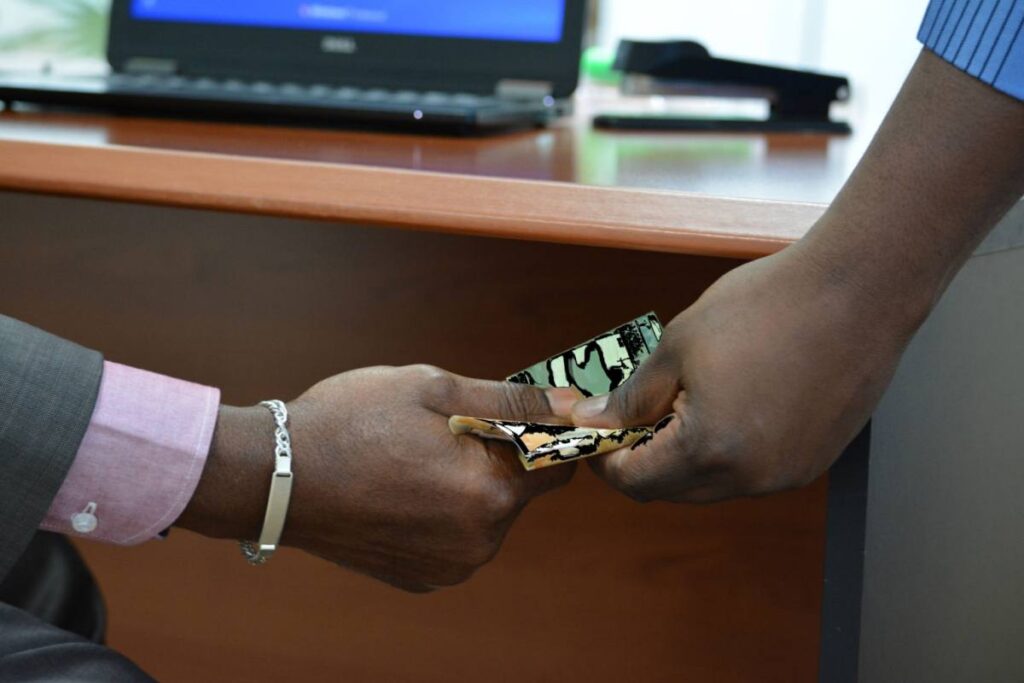Virtually all politicians in this country rightfully lash out against corruption during public rallies. Most Kenyans also detest corruption. Yet this scourge remains entrenched in our society. Are we helpless victims of corruption who have been reduced to throwing up our hands in the air in surrender? Not at all.
As we celebrate the Easter season, a time symbolizing renewal and new beginnings, our beloved nation must confront the pervasive and deeply entrenched corruption in our midst. The recent survey by the Ethics and Anti-Corruption Commission (EACC) has shed light on the alarming extent of corruption amongst ministries, counties, and public institutions.
The Interior Ministry emerged as the most bribe-prone ministry in 2023, followed closely by Health and Transport. This revelation is particularly concerning, as these ministries play crucial roles in safeguarding the well-being and security of Kenyans.
Among counties, Busia, Baringo, Nairobi, Nakuru, and Machakos were identified as the five most bribe-prone counties, with varying rates of solicitation for bribes per service sought. Indeed, the EACC Report underscores the pervasive nature of corruption across different levels of governance and service delivery.
To effectively combat corruption, I suggest that we glean the following four lessons from the Easter Spirit of rebirth.
Firstly, Easter is about resurrection. Rebirth and renewal. Our anti-corruption legislation and agencies are in dire need of re-birth, renewal, and re-engineering. EACC needs more teeth and more resources. Similarly, the anti-corruption court should also be specially equipped to conclude corruption cases speedily and definitively. These agencies must be empowered to conduct thorough investigations, prosecute offenders, and implement stringent anti-corruption measures without interference or political influence. In addition, there must be mandatory asset declarations for public officials, protection for whistleblowers, the implementation of open data policies and e‑governance systems to minimize opportunities for corruption.
Secondly, Easter is about self-sacrifice over self-Interest. The Easter story emphasizes self-sacrifice, as demonstrated by Jesus’s crucifixion for the greater good. In addressing corruption, leaders and individuals should prioritize the welfare of the nation over personal gain. In this regard, servant leadership is critical. Jesus’s leadership was characterized by serving others. Leaders in Kenya should embrace servant leadership, focusing on serving the public rather than exploiting their positions for personal benefit.
Thirdly, Easter reminds us that faith without action is dead. Similarly, combating corruption requires more action than talk, it demands concrete actions and commitment to change. Politicians mustn’t just be loud on microphones; they must speak loudly through their concerted anti-corruption legislation.
Fourthly, Easter blasts to the public a timeless message of redemption. Such focused public awareness keeps the masses informed and inspired. In the same vein, we must never tire in empowering the public with an overall integrity message that engenders behavioral change. Sustained public awareness campaigns, combined with initiatives that encourage civic engagement and citizen oversight, can help create a culture of accountability and intolerance towards corrupt practices.
By implementing these four Easter-inspired interventions, Kenya can embark on a transformative journey of combating corruption and fostering a culture of transparency, integrity, and accountability. Indeed, may this Easter season open the floodgates of integrity and infuse the fight against corruption with unprecedented strength.
Let me conclude with these powerful words from David Oginde, the Chairperson of the Ethics and Anti-Corruption Commission, in his Foreword of the Survey Report, “The corrosive effects of corruption diminish private and public sector investments, hinder economic growth, contribute to political instability and foster insecurity.”
That’s why we must embrace the spirit of Easter and fight corruption tooth and nail.
I therefore urge every Kenyan to make it their personal mission to live a life of integrity. Just as Christ was on a redemptive mission that He fulfilled, we too must commit to a mission of rooting out corruption from our society. Think green, act green!



